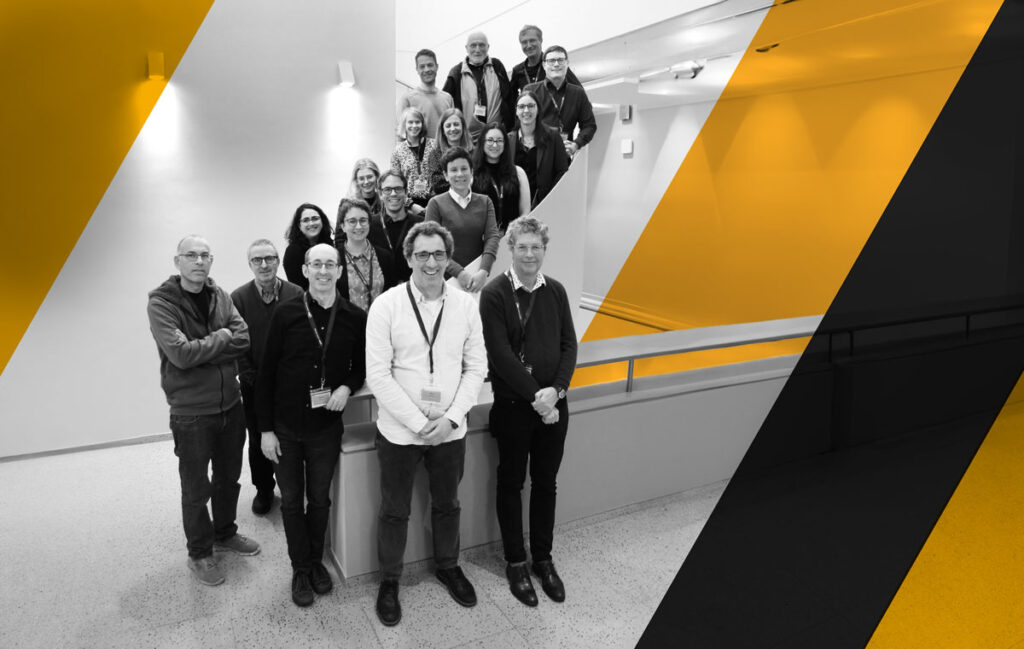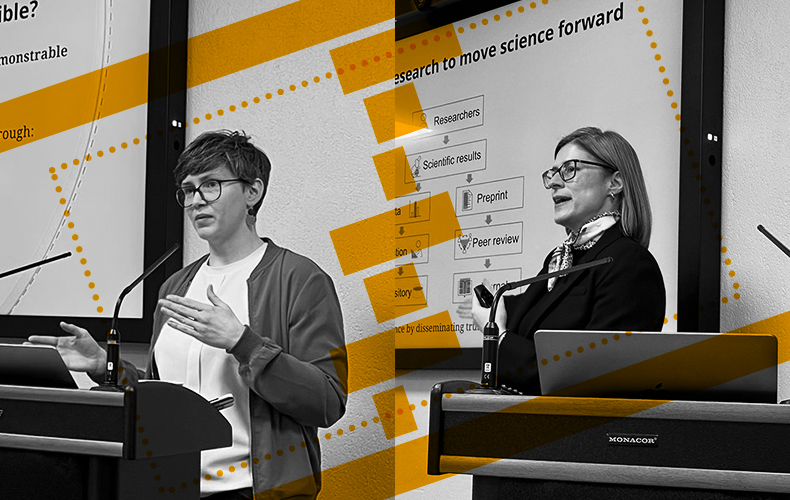9 February 2024 – The production of synthetic but realistic data by generative Artificial Intelligence (AI) methods has made extraordinary progress in recent years, and applications of generative models in biomedical research are numerous. On 8-9 February 2024, 22 key stakeholders, including biologists, AI developers, funders, experts in the governance of emerging technologies and publishers, meet at EMBO in Heidelberg, Germany, for a workshop on generative AI in the life sciences.
While the extent of the capabilities of generative AI is not yet fully understood, it is already clear that the potential for accelerating scientific discovery is considerable. The ability of computer models to outperform humans in specific tasks is becoming a realistic possibility. At the same time, the capabilities are raising concerns about potential misuse, including production of erroneous data or misleading results, development of biological agents of concern and loss of human oversight.
The aims of the workshop include mapping areas of the life sciences where AI is used, highlighting opportunities, exploring current limits and potential consequences of overcoming them, and identifying potential risks and concerns. The participants draft recommendations on how individuals, laboratories, institutions, publishers and funders may develop policies on the responsible use of generative AI in life science research and identify points of consensus about the required level of human oversight over AI-generated data. They will collect the findings in a report that will be published on the EMBO webpage.
The workshop is organized by Thomas Lemberger, head of open science implementation at EMBO, Sandra Bendiscioli, senior policy officer at EMBO, Filippa Lentzos, associate professor in science & international security at King’s College London, and Oliver Stegle, head of the computational genomics and systems genetics division at the German Cancer Research Center and visiting group leader at EMBL Heidelberg.



